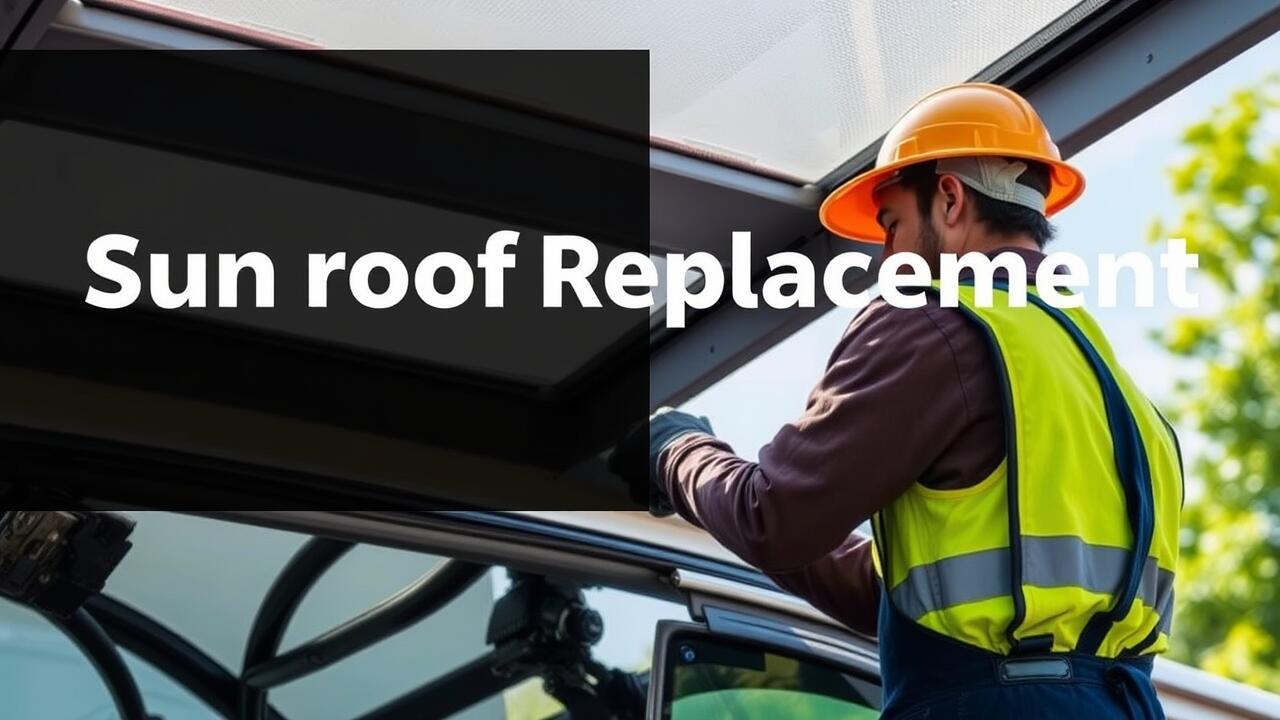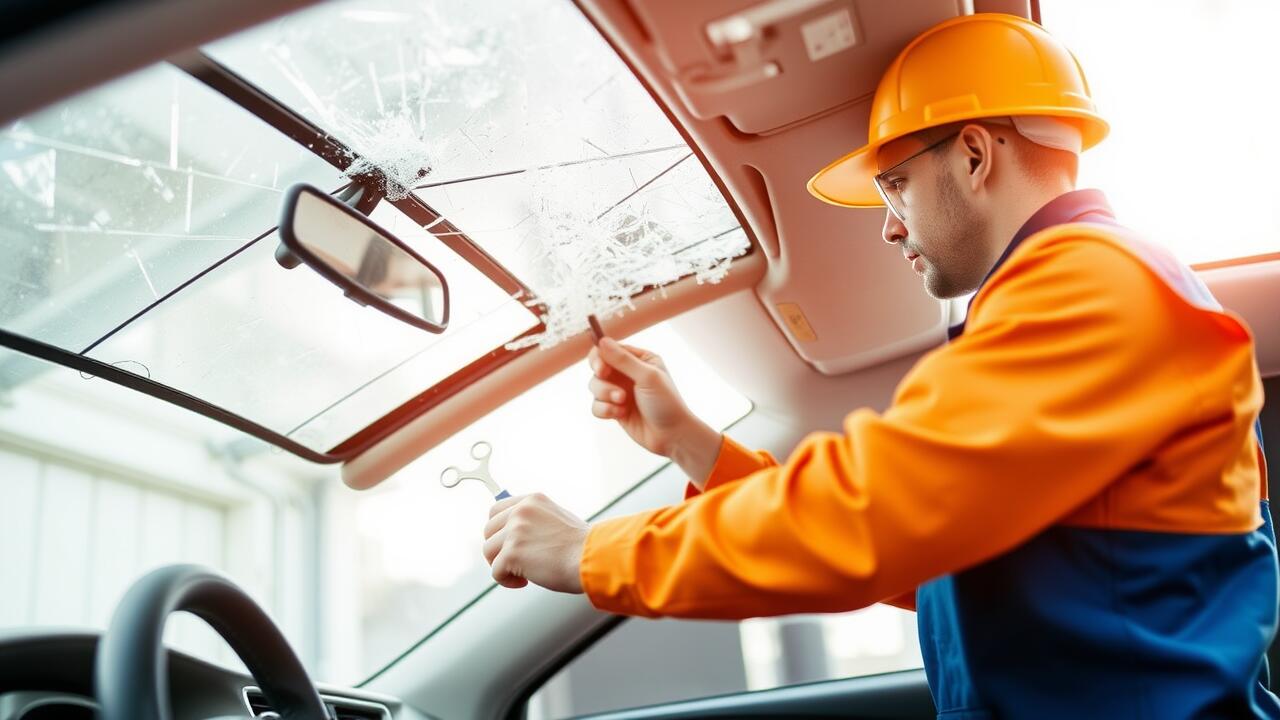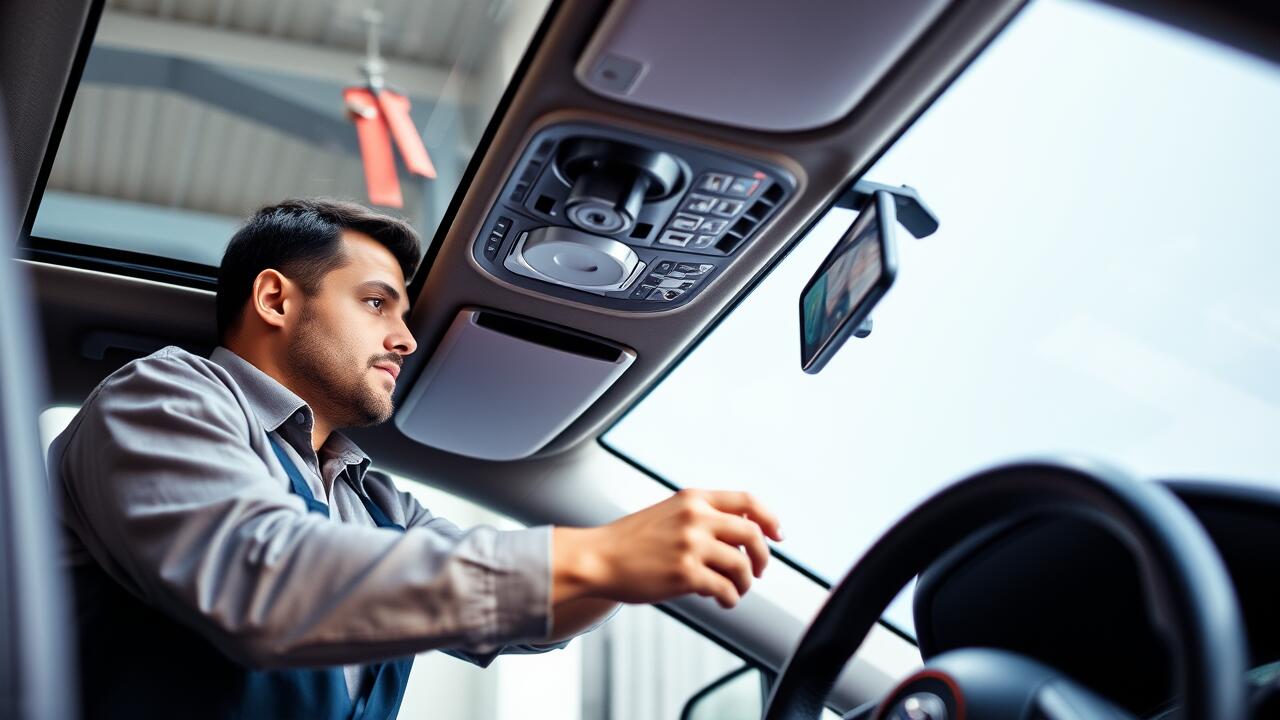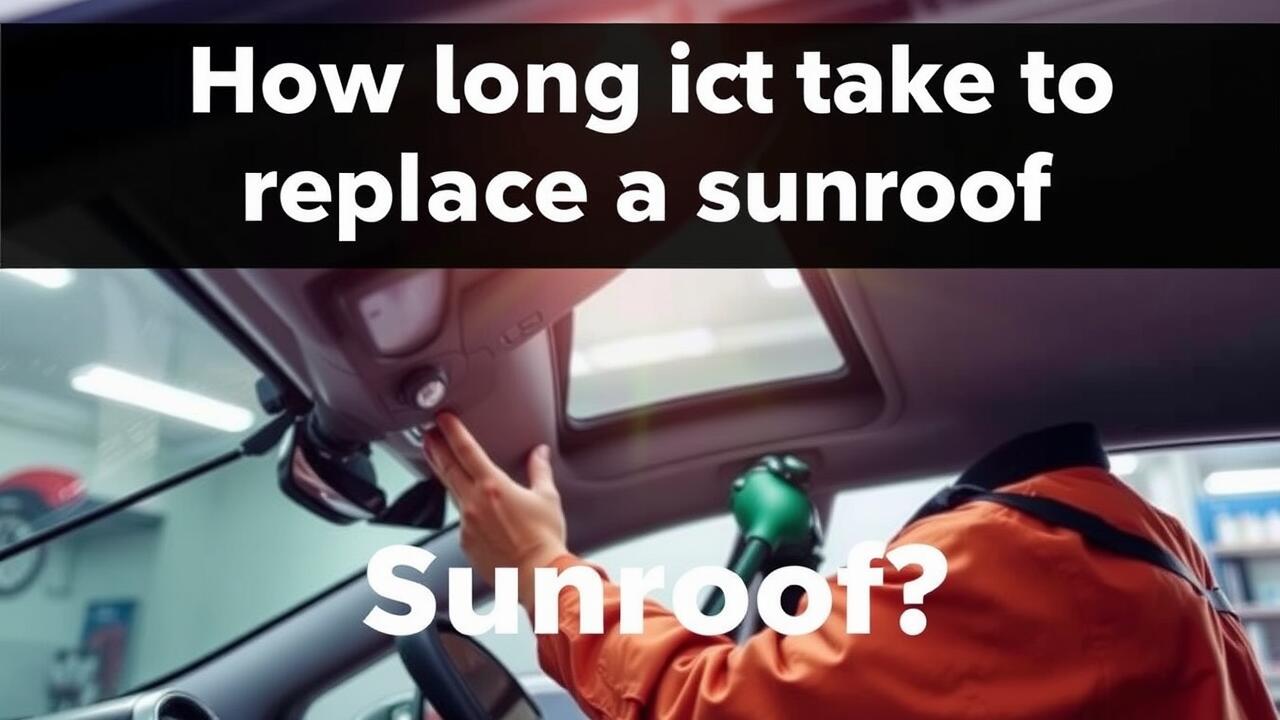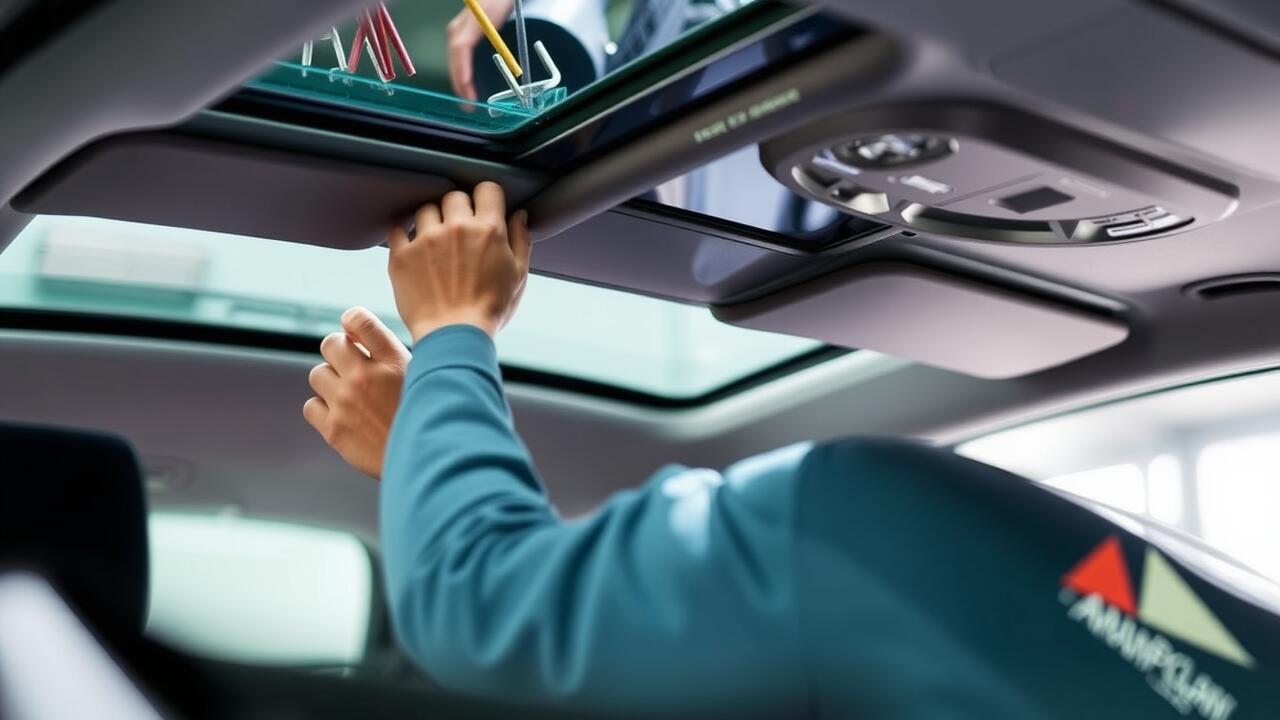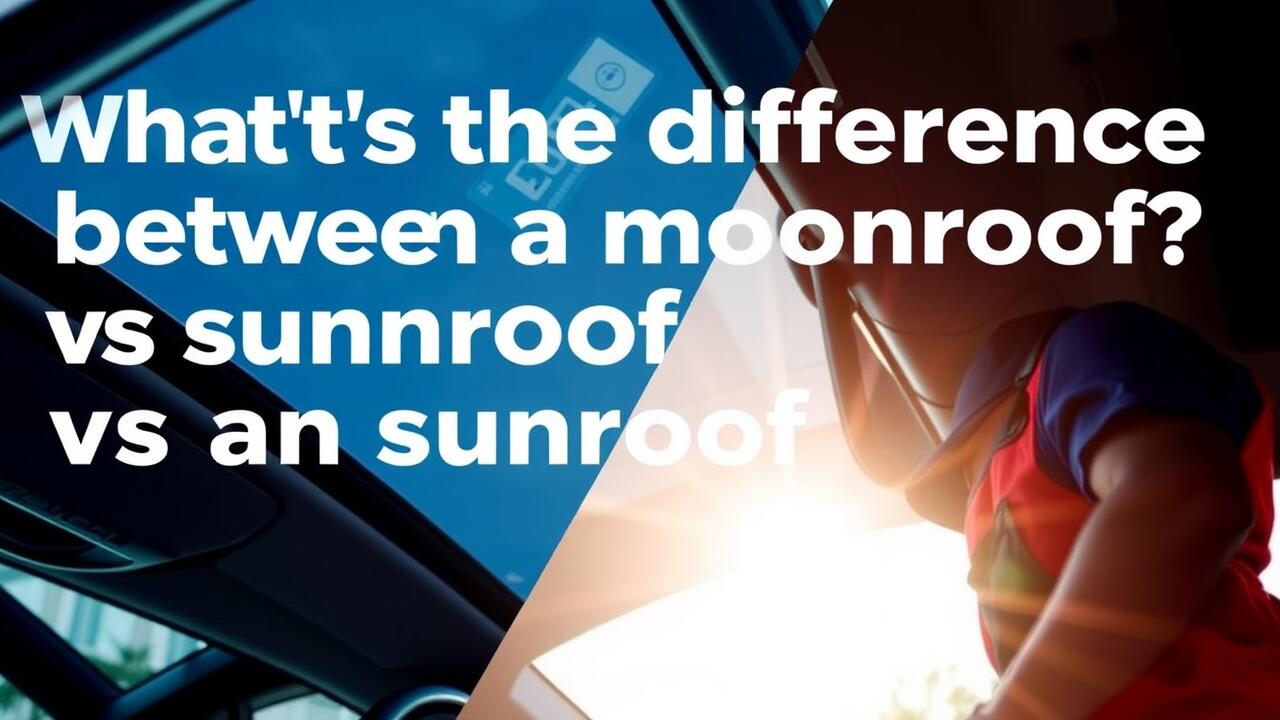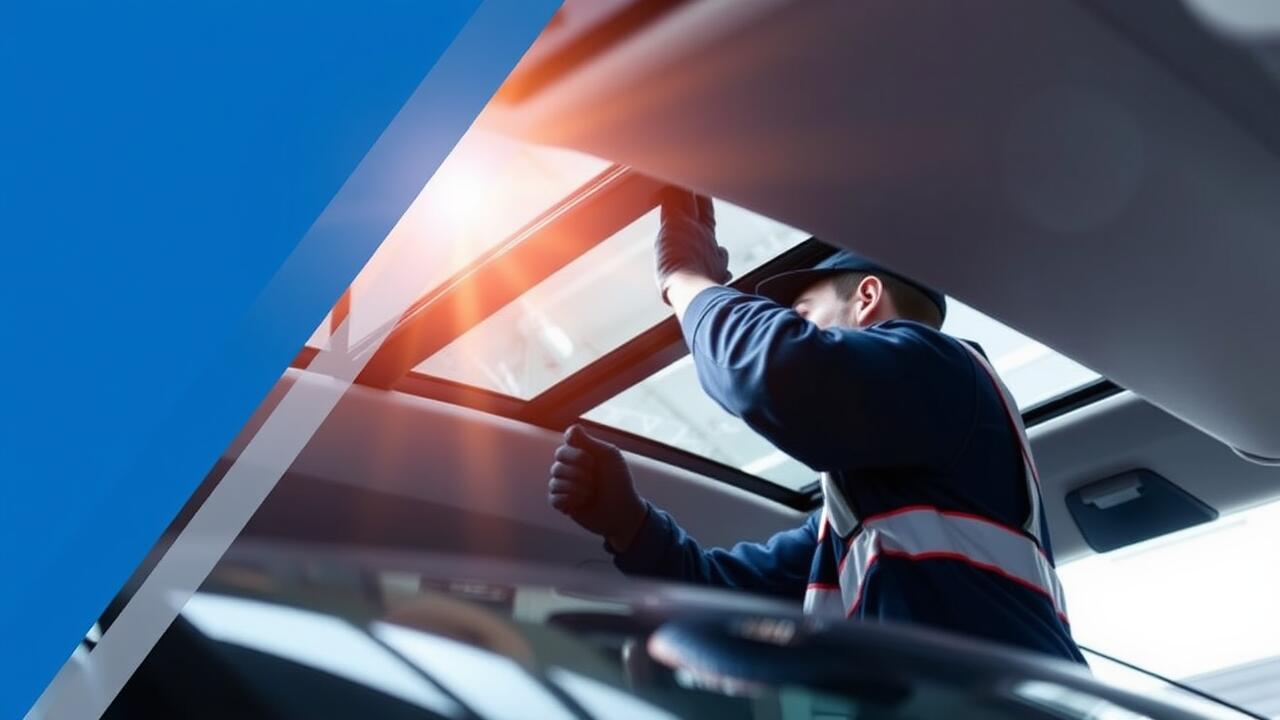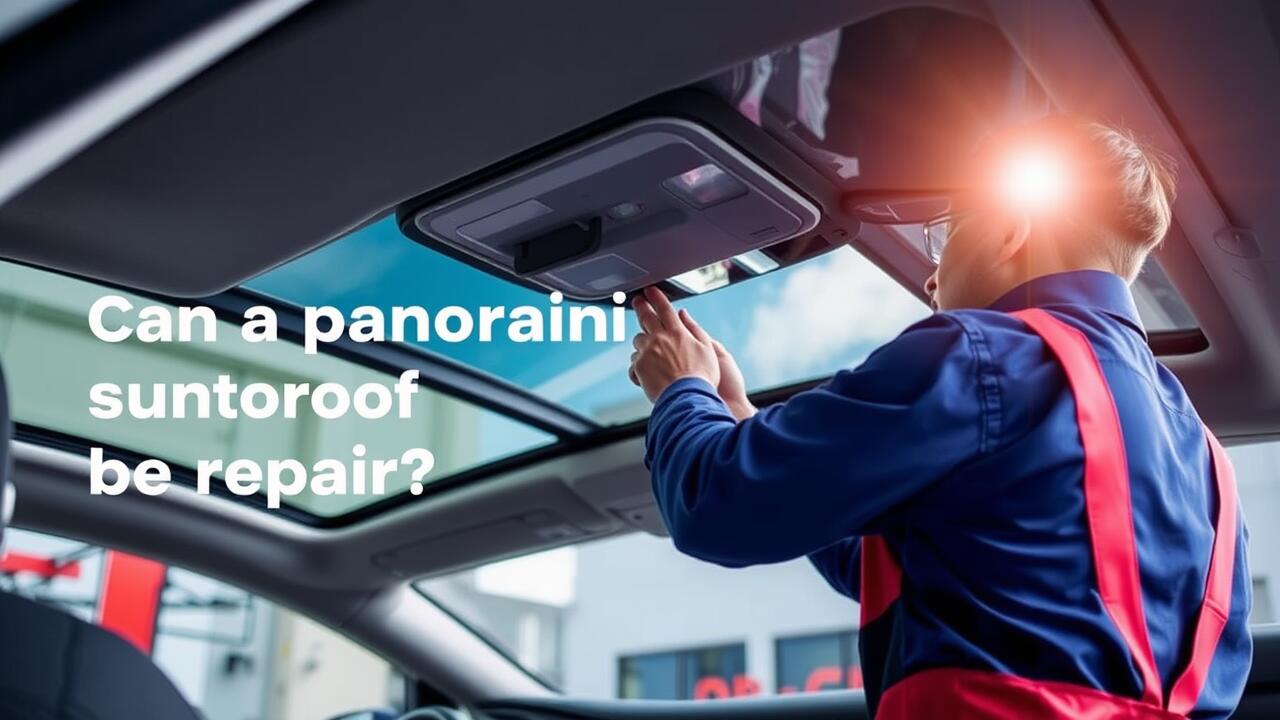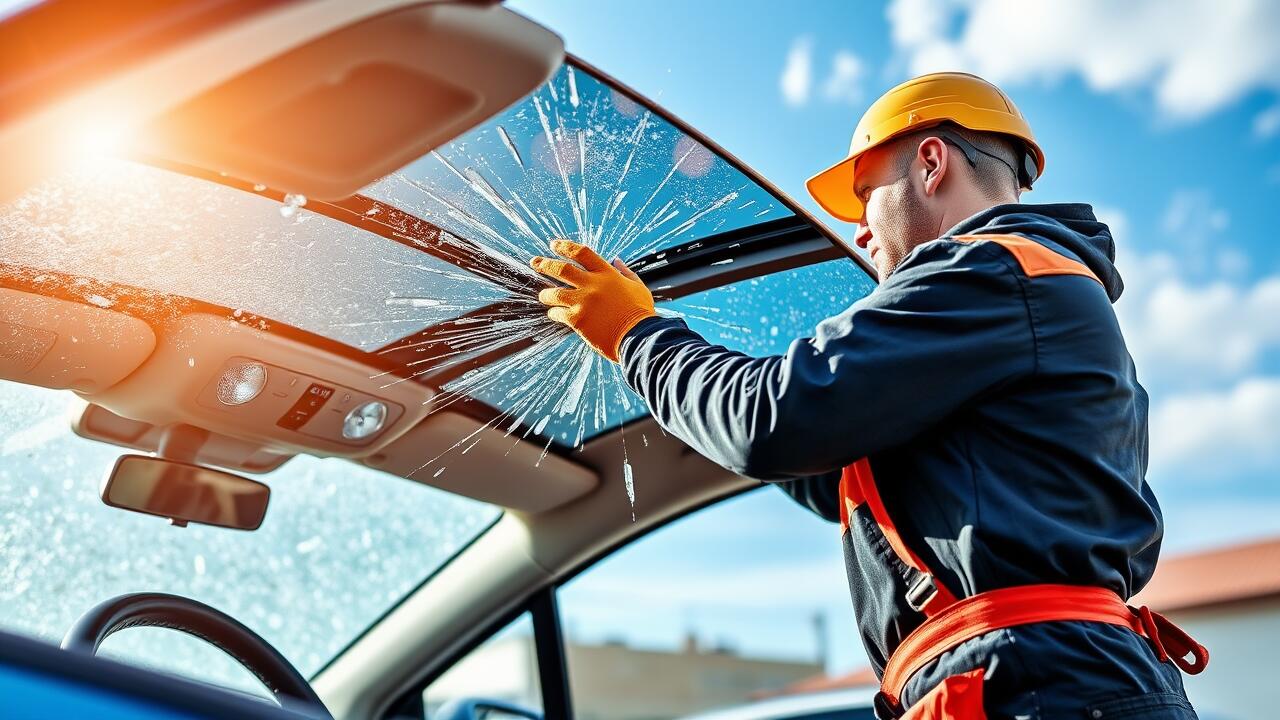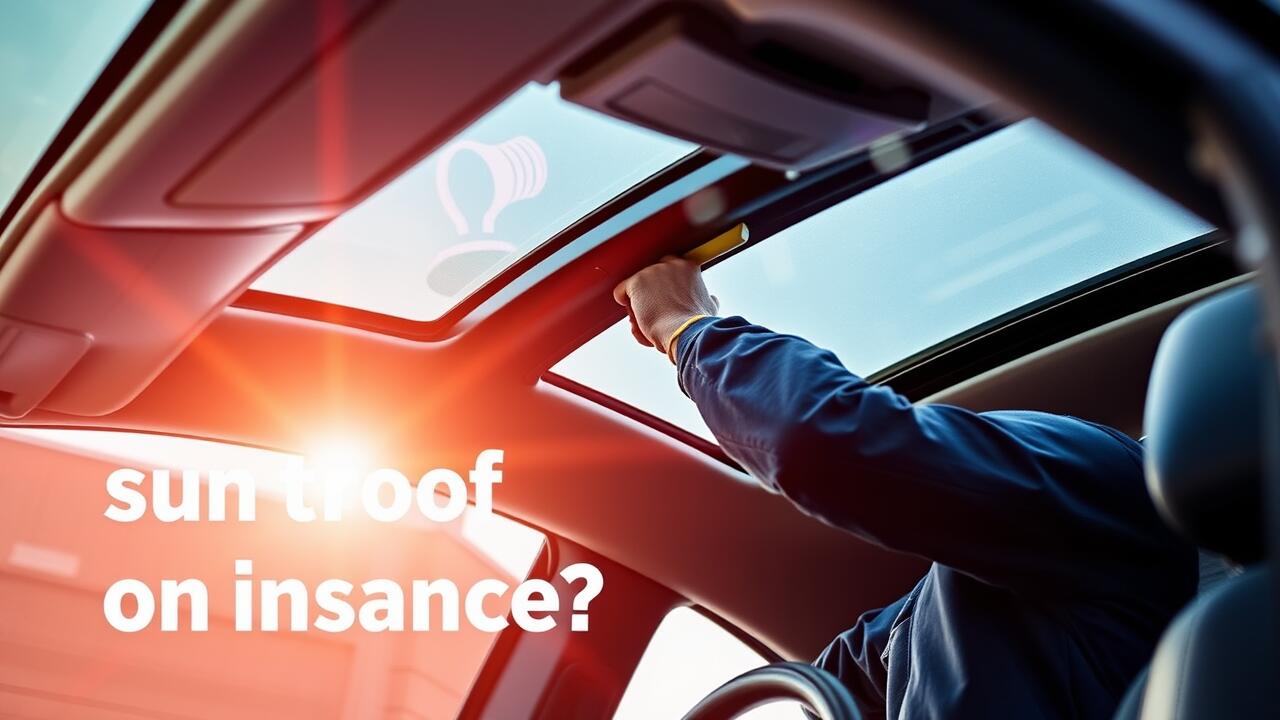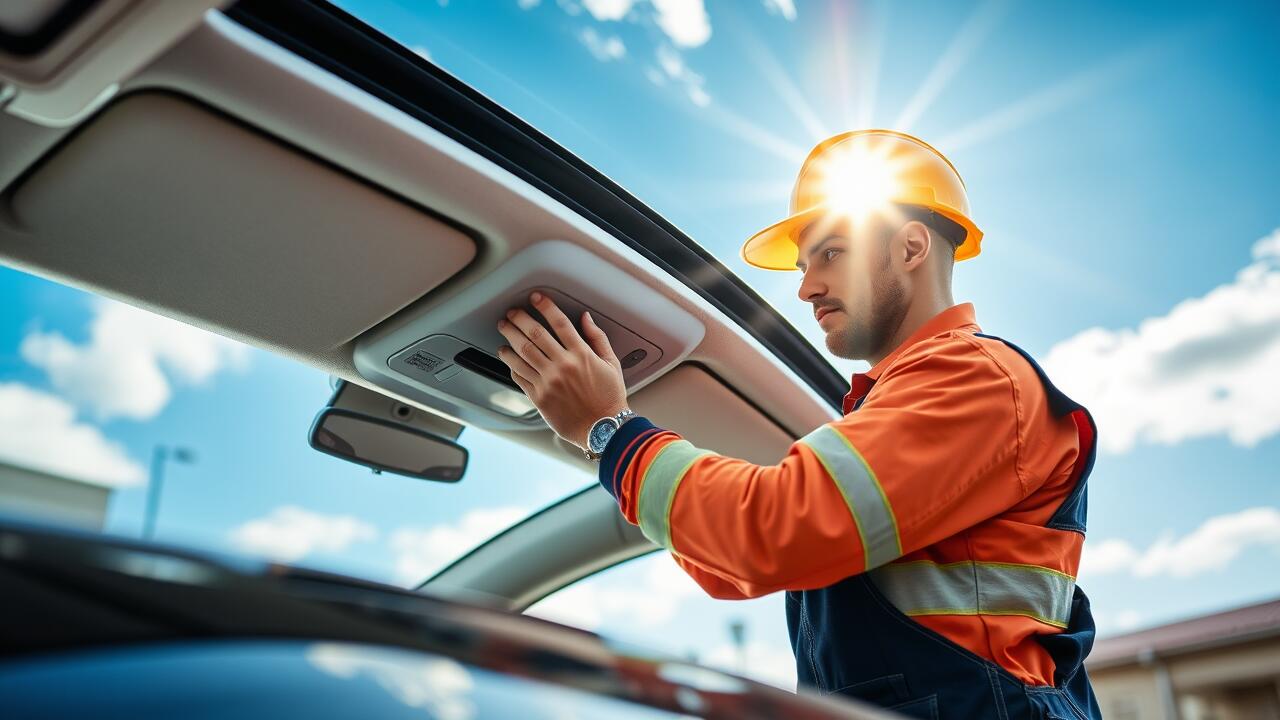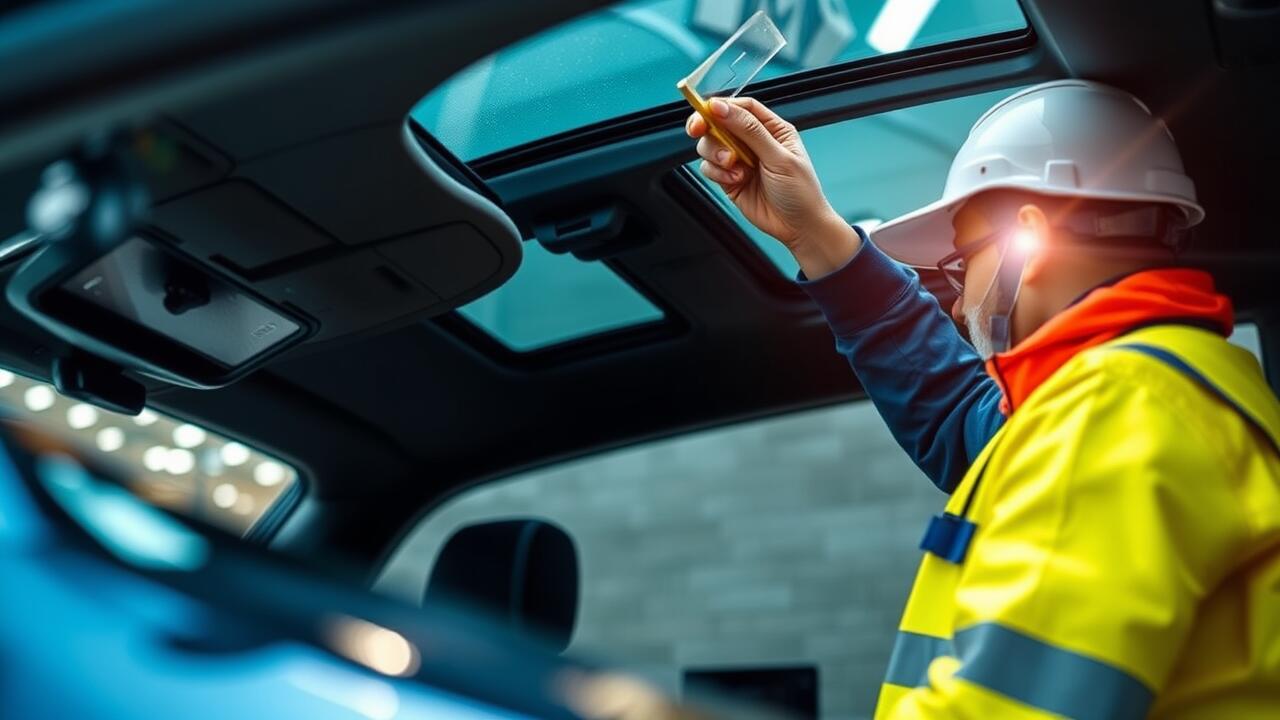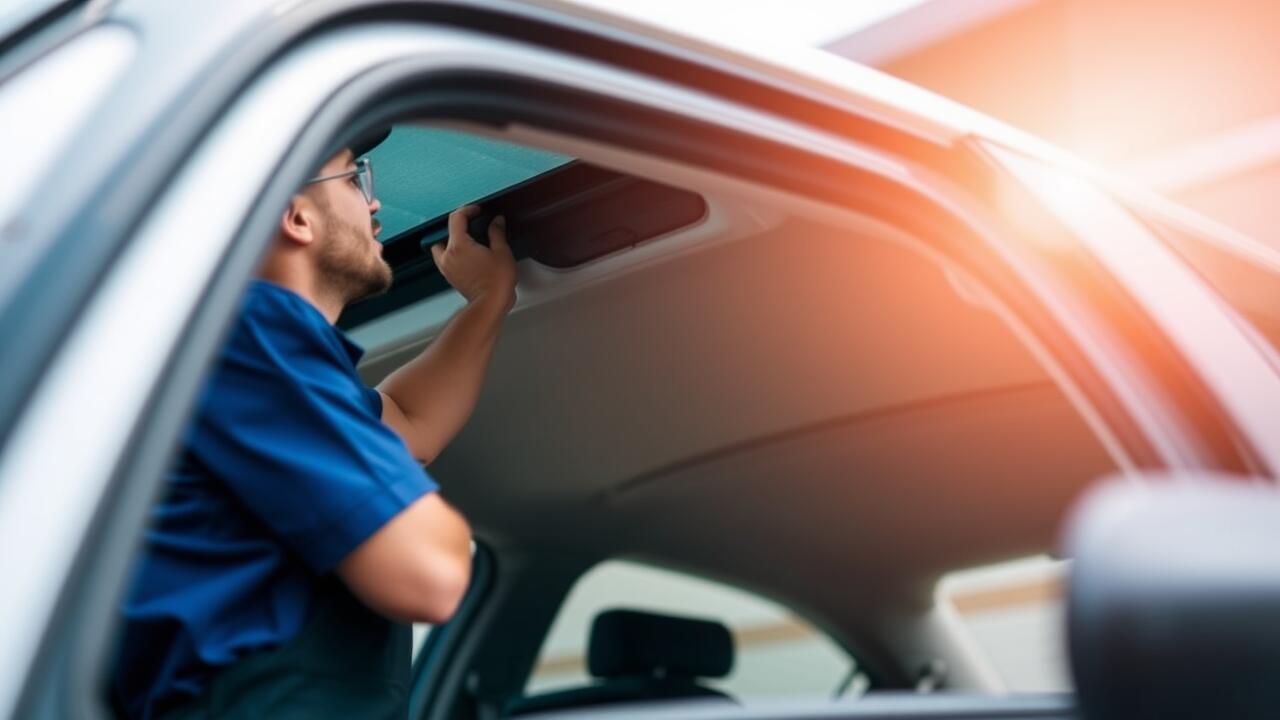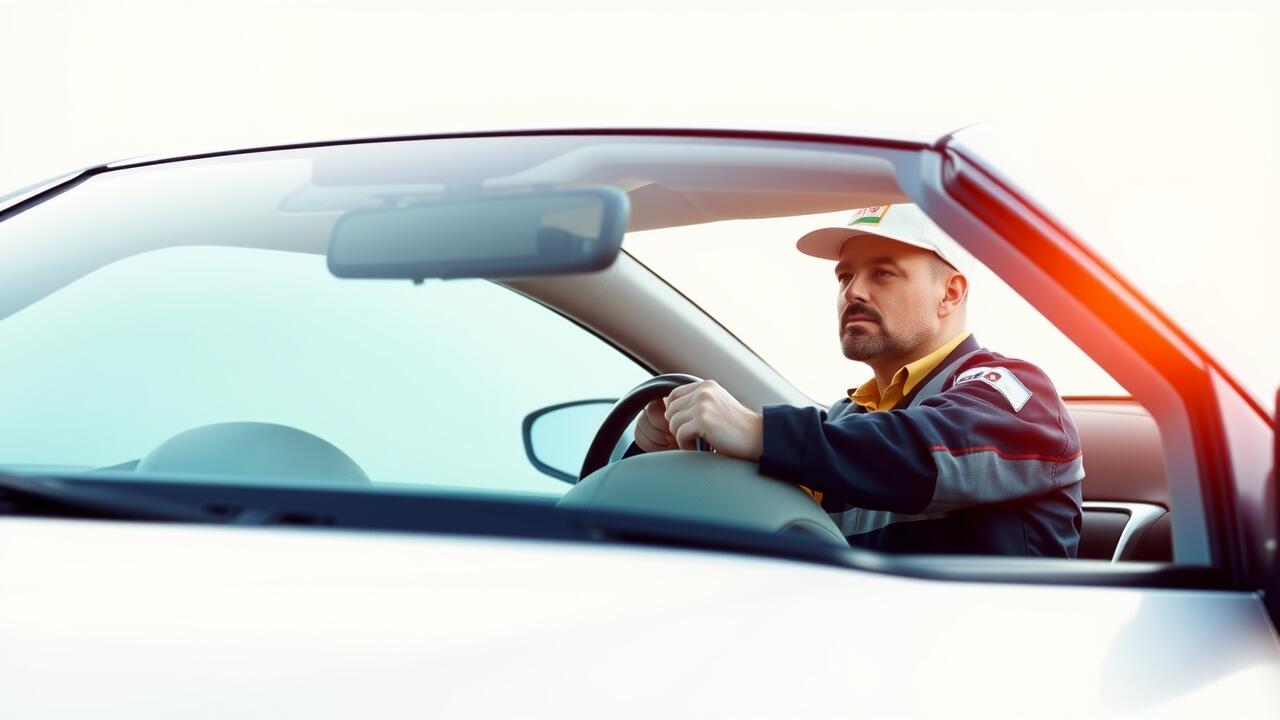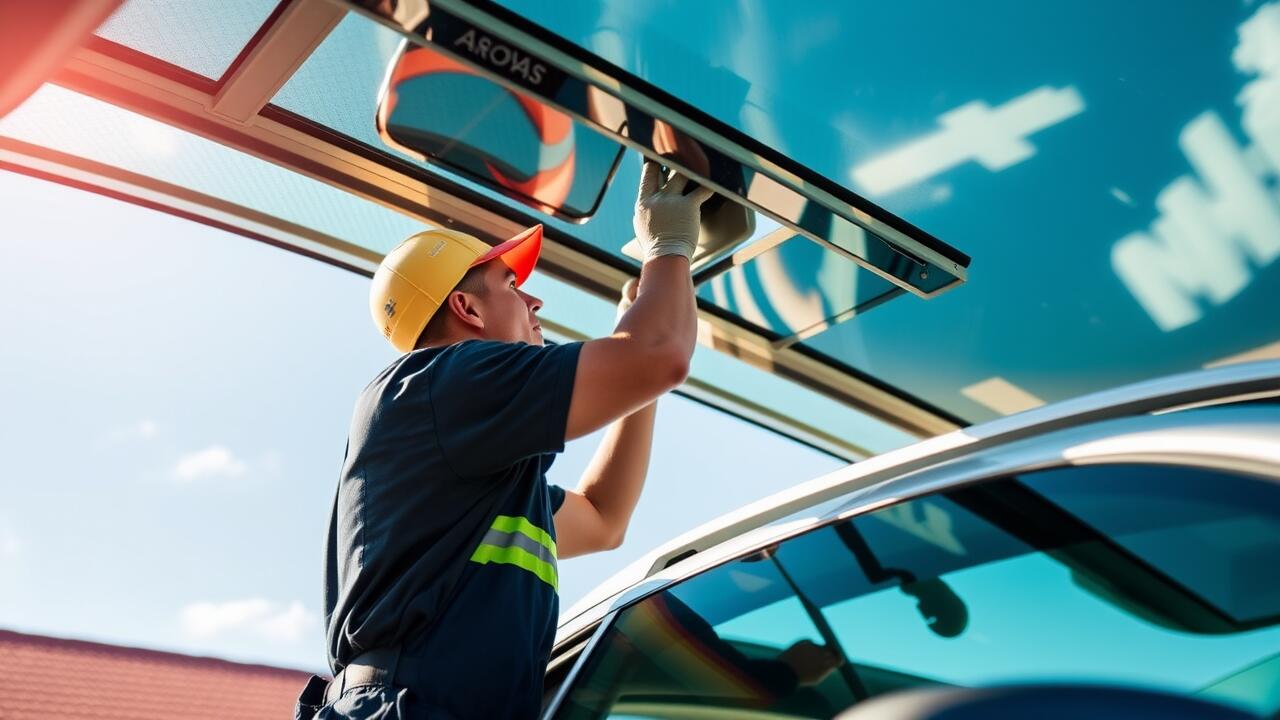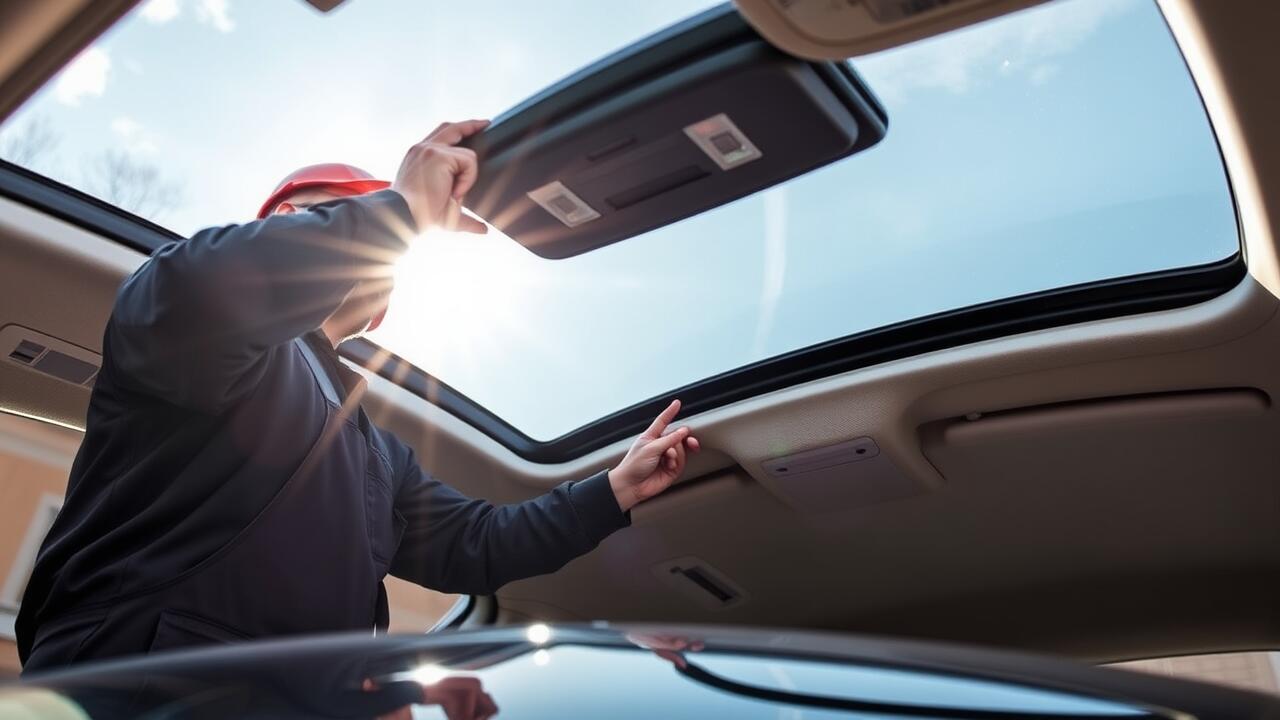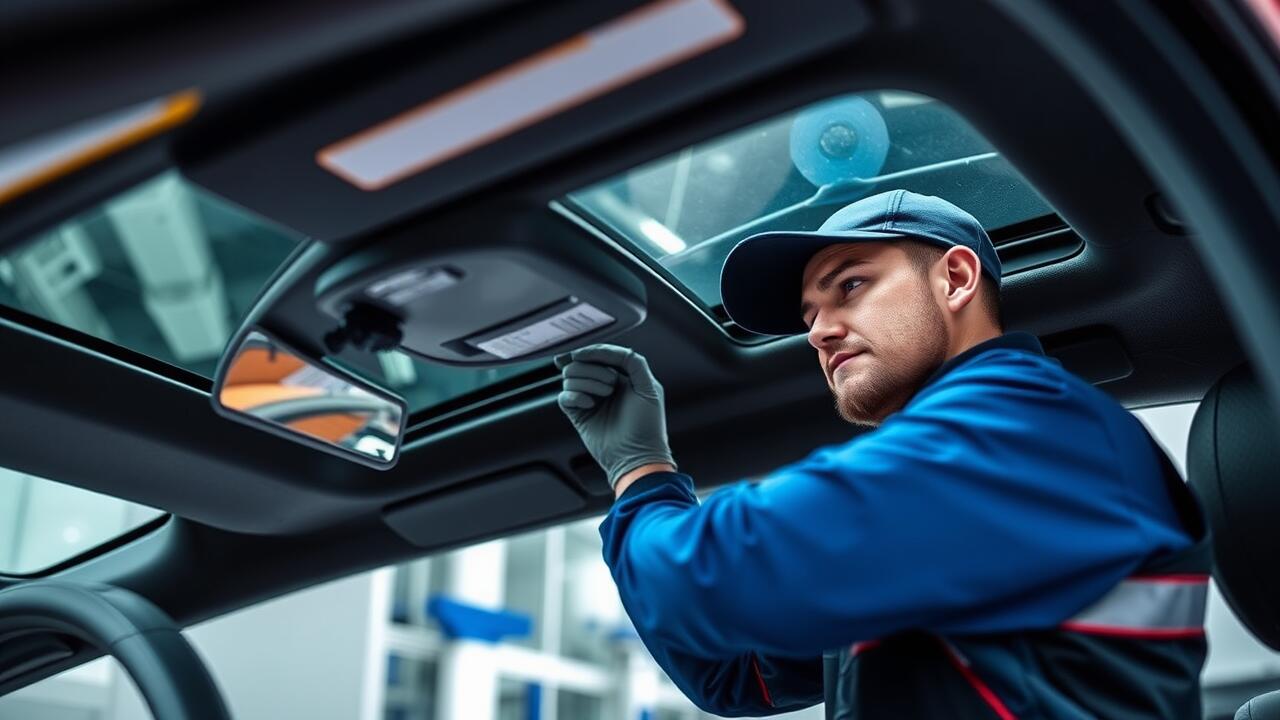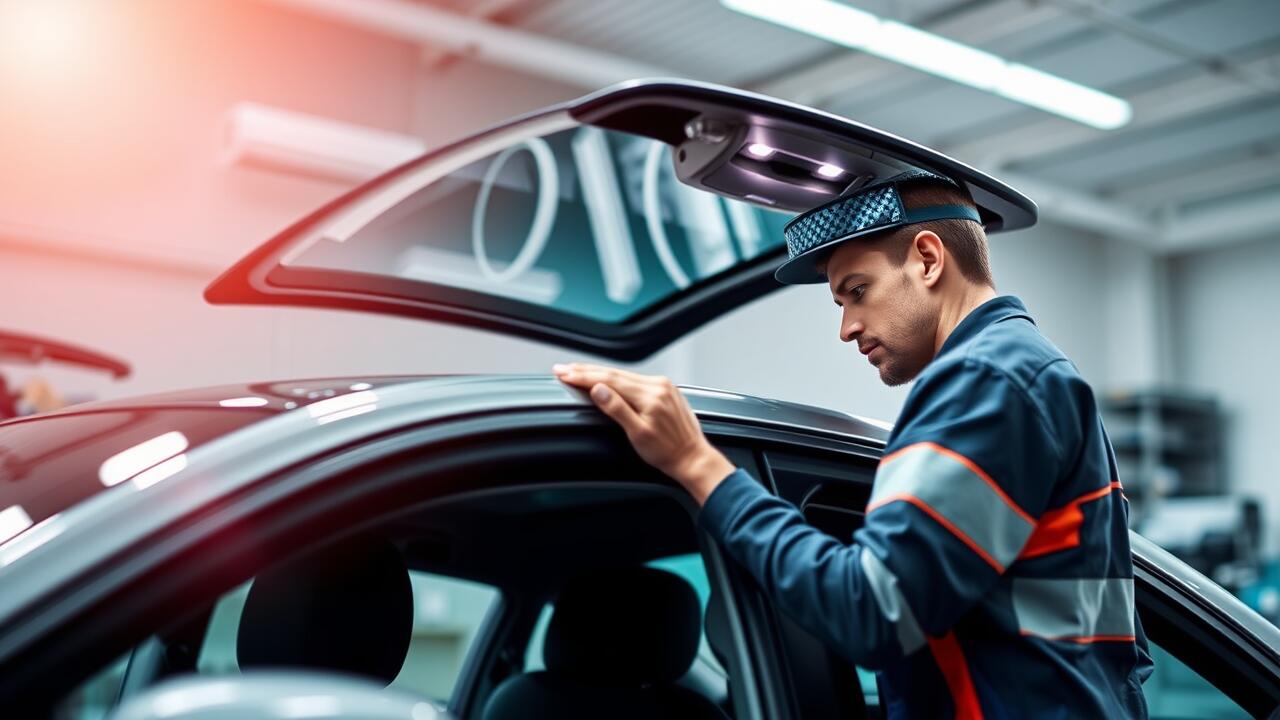
Table Of Contents
Warranties and Guarantees
When considering aftermarket sunroofs, warranties and guarantees play a crucial role in determining their reliability. Most manufacturers offer varying warranty periods that can cover defects in materials and workmanship. It’s essential to review the terms and conditions specific to the sunroof you intend to install. Some warranties might only apply if the installation is carried out by certified professionals, reinforcing the importance of seeking experienced installers for your sunroof replacement.
In addition to standard warranties, look for additional guarantees that may provide extra peace of mind. Some companies offer satisfaction guarantees, which can be reassuring if you encounter issues after the sunroof replacement. Understanding what is covered—such as parts, labour, and any potential leaks—can save you significant costs in the long run. Ensure you keep all documentation related to the purchase and installation, as this may be needed if you ever need to make a warranty claim.
Check out this site for more information.
What to Look for in Aftermarket Sunroof Coverage
When considering aftermarket sunroof coverage, it's essential to thoroughly review the terms of the warranty provided by the installer. A comprehensive warranty should cover both the hardware and any potential leaks or malfunctions. Be mindful of the duration of the coverage, as a longer warranty often indicates the manufacturer's confidence in their product. Look for specifics on what is included, such as parts, labour, and any necessary sunroof replacement, should the need arise in the future.
Another key feature to examine is the customer support offered by the company. Accessible, knowledgeable service can significantly impact your overall satisfaction should any issues occur. Ensure that the warranty includes easy-to-follow procedures for making claims and accessing support. Adequate coverage not only provides peace of mind but also reflects the quality and reliability of the sunroof installation. A solid warranty can enhance the value of your investment, making sure your aftermarket sunroof remains a functional feature of your vehicle long after the initial installation.
Maintenance Tips for Aftermarket Sunroofs
Regular maintenance of your aftermarket sunroof is essential for preventing issues and ensuring longevity. Start by keeping the seals clean and free of debris. Dirt and grime can accumulate, leading to leaks and other complications. Inspecting the drainage channels regularly is crucial; make sure they are clear to avoid blockages that may cause water to pool. If you notice any irregularities or wear, address them promptly to avoid costly sunroof replacement in the future.
Additionally, it’s beneficial to lubricate the moving parts of the sunroof periodically. Use a silicone-based lubricant on the tracks to ensure smooth operation and prevent sticking. Testing the sunroof’s functioning after cleaning and lubrication can help identify any early signs of trouble. If performance issues arise, consider seeking professional assistance instead of attempting repairs on your own, as this can prevent further damage and the need for sunroof replacement.
Keeping Your Sunroof in Top Condition
Regular maintenance is key to ensuring your aftermarket sunroof functions optimally. Start by keeping the sunroof tracks clear of debris, as dirt and leaves can obstruct movement. Cleaning the seals with a soft cloth prevents wear and tear, extending their lifespan. Regularly inspecting the sunroof’s operation can also help identify issues early, allowing for timely repairs before they escalate.
In the event that your sunroof becomes faulty or develops leaks, prompt attention is crucial. Addressing minor problems quickly could prevent a costly sunroof replacement down the line. It’s advisable to consult a professional if you notice any significant issues like unusual noises or difficulty in operation. Proper care and proactive maintenance can contribute significantly to the longevity and reliability of your aftermarket sunroof.
Comparing Aftermarket and Factory Sunroofs
When considering sunroof options, aftermarket sunroofs often come with a lower initial cost than factory-installed versions. They can be a great way to customise a vehicle without the hefty price tag associated with manufacturer parts. However, potential buyers should be wary of the varying quality among aftermarket products, as these can significantly impact performance and durability. In some cases, opting for a sunroof replacement with an aftermarket model may lead to issues like leaks or malfunctioning mechanisms if the installer's workmanship is not up to par.
On the other hand, factory sunroofs typically offer reliability and a perfect fit designed specifically for the vehicle. They undergo rigorous testing and quality control measures, which can contribute to longevity and a seamless aesthetic integration. Additionally, factory sunroofs generally maintain compatibility with the vehicle’s existing warranty, providing peace of mind for the owner. However, the higher cost and limited customisation options may discourage some consumers from pursuing this route. Ultimately, weighing the pros and cons of each option is essential for making an informed decision.
Pros and Cons of Each Option
When considering an aftermarket sunroof, it is essential to weigh the benefits against potential drawbacks. One advantage is the ability to customise a vehicle’s aesthetics and functionality. Aftermarket options often come in various styles and sizes, allowing owners to select a sunroof that suits their preferences. Additionally, these sunroofs can be more affordable than factory-installed versions, making them an attractive choice for budget-conscious buyers. However, potential issues may arise, including a lack of compatibility with the vehicle's original design. This misalignment can lead to leaks or mechanical failures over time.
On the other hand, factory sunroofs are engineered specifically for individual car models, ensuring a seamless fit and optimal performance. They typically come with manufacturer warranties, providing greater peace of mind regarding reliability and service. Factory options are designed with quality control in mind, reducing the chances of installation errors. Despite this, factory sunroofs can be pricier than aftermarket ones. For car owners considering Sunroof Replacement, it is crucial to evaluate both these types to make an informed decision based on reliability, cost, and personal preference.
FAQS
Are aftermarket sunroofs as reliable as factory-installed ones?
Aftermarket sunroofs can be reliable, but their quality largely depends on the manufacturer and installation. It's essential to choose a reputable brand and professional installation to ensure reliability.
What should I look for in an aftermarket sunroof warranty?
When considering an aftermarket sunroof warranty, look for coverage on both parts and labour, a reasonable duration (ideally several years), and clear terms regarding what is included and excluded from the warranty.
How can I maintain my aftermarket sunroof?
To maintain your aftermarket sunroof, regularly clean the glass and seals, check for any debris in the tracks, and ensure that the drainage tubes are clear to prevent leaks.
What are the main advantages of choosing an aftermarket sunroof?
The main advantages of aftermarket sunroofs include a wider range of styles and options, often lower costs compared to factory sunroofs, and the ability to customise your vehicle according to personal preferences.
Are there any downsides to installing an aftermarket sunroof?
Yes, potential downsides can include issues with leaks if not installed properly, a possible impact on vehicle resale value, and variations in quality and warranty coverage compared to factory options.
